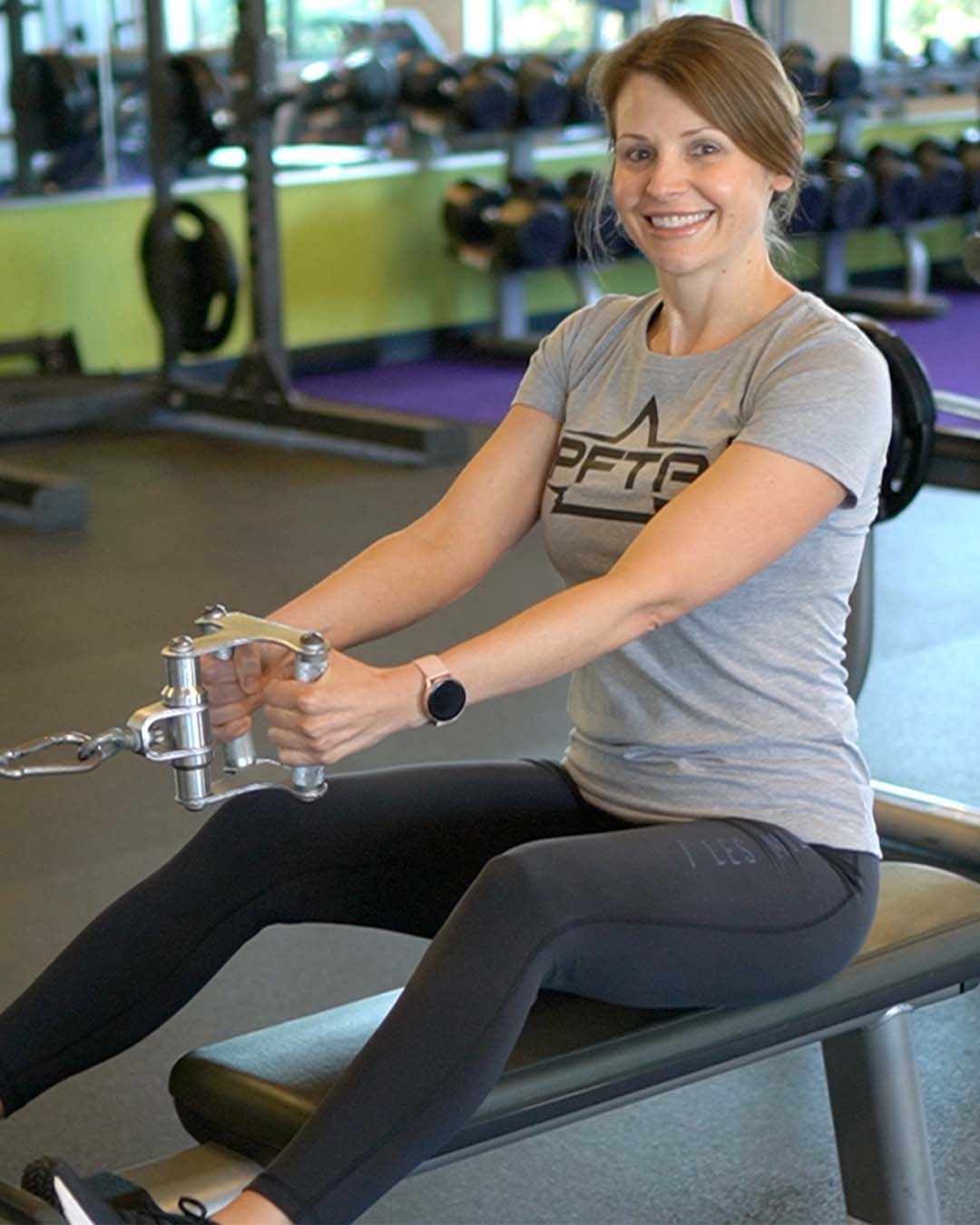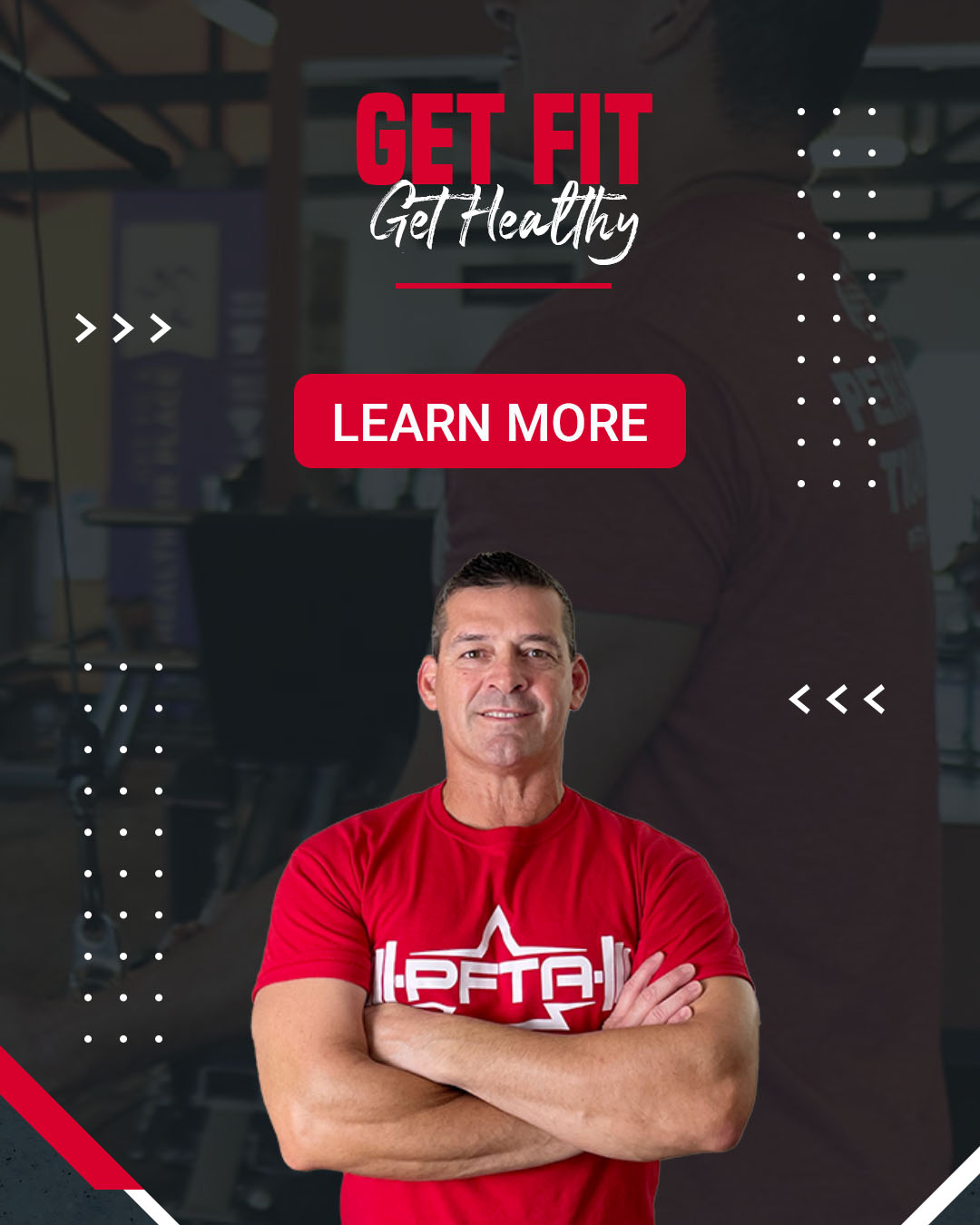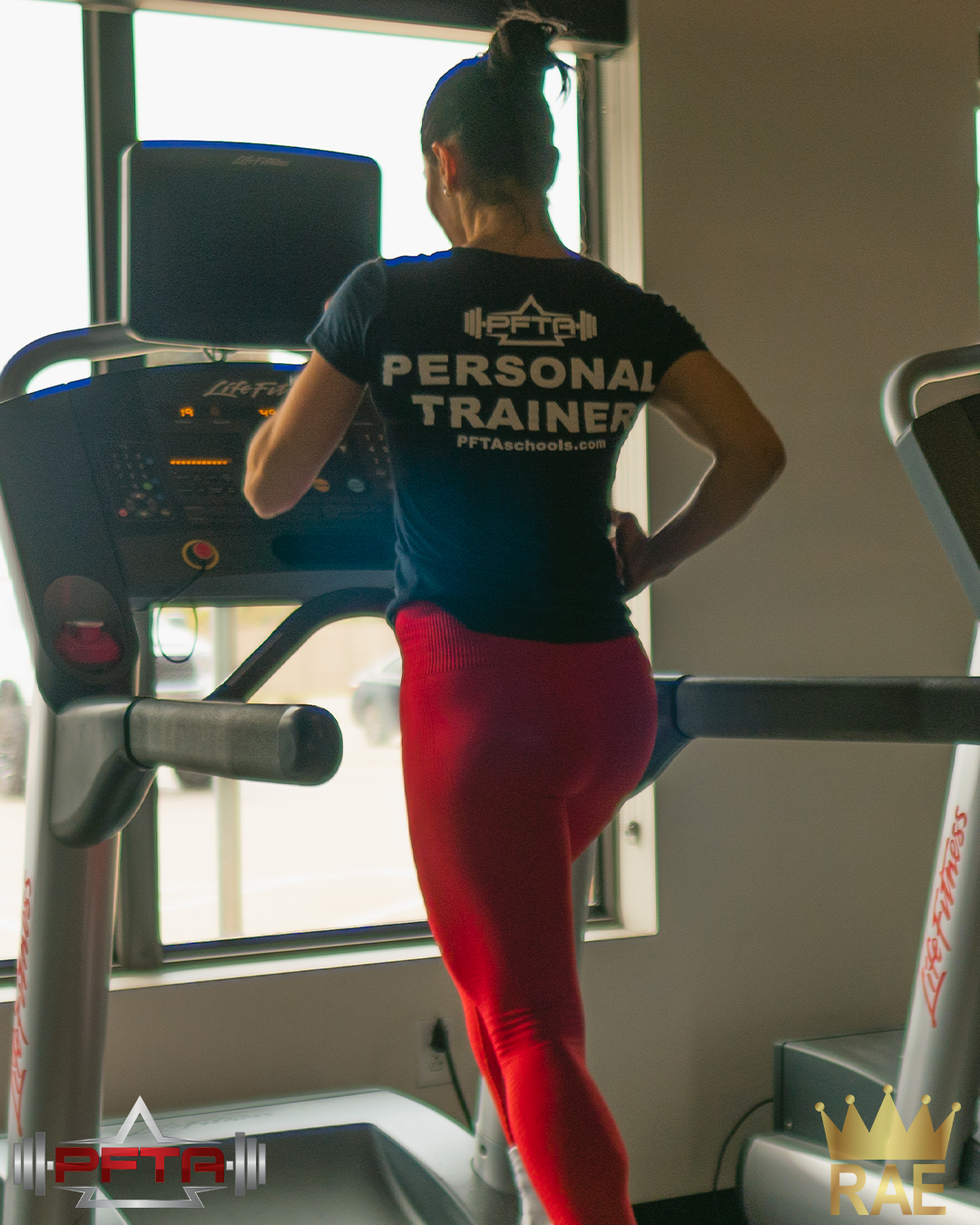Reducing Anxiety
Do you want to reduce stress and/or anxiety? In many scientific studies, activity has shown to relieve stress, anxiety, and mild depression. You already know that there are plenty of physical benefits to activity, but now, you can learn about all the mental benefits you will receive too! Activity will get the blood flowing into your muscles AND into your brain. Keep reading to find out more about exercise, the brain, and stress relief.

The Science
There have been well over 100 scientific studies on the positive effects exercise has on anxiety. A study of 90 subjects by Kianian et al. (2018) showed that both aerobic exercise AND anaerobic exercise resulted in a reduction of both stress and anxiety. Therefore, if you are stressed today, choose some type of exercise. A long walk, cycling, swimming, jogging, and/or body weight exercises will help reduce stress.
Furthermore, if you enjoy lifting weights, then pick a few multi-joint exercises, add some weight, and start lifting. You don't even have to lift heavy to receive full benefits. If you can do both, cardio and lifting, even better for your health. But for starters, pick at least one mode of exercise to get de-stressing.

High Intensity
If you're an athlete that likes high intensity exercise, then we have some good news for you! There have been several studies showing that a high intensity workout will also alleviate stress for similar reasons. A high intensity workout is much more demanding, and you'll definitely feel like you've accomplished a big goal! If you need more reasons to try a high intensity workout, we've written an article on the benefits of high intensity interval training. It burns more fat and increases cardiovascular endurance faster than traditional workouts. Click the image below to read about all the benefits of HIIT.
But, whichever you choose, low intensity or high intensity, your body, and your mind, will thank you for it!

How Exercise Works
Moreover, there are 4 main reasons why exercise has proven to reduce anxiety: (1) the rhythmic nature of exercise, (2) the thermogenic effect of exercise, (3) a diversion or time-out from daily concerns, and/or (4) the sense of accomplishment.
Exercise can be rhythmic in nature. You don't need to think about much when you're walking or jogging. Plus after a few minutes, you'll start to warm up and feel better. And of course, nothing feels better than knocking out a workout session. It'll give you that sense of accomplishment.
Want to learn more about exercise science and sports nutrition? Click the image below to learn more about all of our class options.

Anti-depressive
In addition, if you're feeling mildly depressed, exercise can help with that too. An article posted by the British Medical Journal (2005) stated that aerobic exercise could relieve symptoms of depression in those mildly or moderately depressed. The subject saw relief in both high intensity and low intensity exercise. Furthermore, the subjects only exercised 3 days per week.
Therefore, pick 3 days, like Monday, Wednesday, Friday, and try to perform some type of cardio exercise for 30 to 60 minutes. And if you're up to it, add weight training on Tuesdays and Thursdays. You'll feel much better once you get started with a good exercise plan.
Need help with an exercise and nutrition plan? Click the image below to contact a PFTA certified personal trainer.

Comfort Foods
It's easy to pick up a pint of ice cream to help with the stress, but, it may not be the best idea in the long run. Comfort foods will only make you feel better for a moment. Comfort foods can lead to increased weight, increased blood sugar, increased cholesterol, and many other ailments, which may make you feel worse in the long run. Instead, put aside the comfort foods and start exercising. You'll feel much better after a few minutes. And if you continue the exercise and diet plan, you'll feel much better in the long run too!
I'm not saying you can't EVER eat comfort foods, I'm saying choosing exercise over comfort foods, most of the time, will make your body AND your mind much healthier.
But if you do crave some comfort food, there seems to be some benefit from eating a little bit of chocolate. Click the image below to read about the benefits of eating chocolate.

Your Plan
Starting a new workout plan? The American College of Sports Medicine (ACSM) recommends 2 days of resistance training, and 3 days of cardio training, for beginners. As your fitness level improves, you can add more days and/or more time. Also, start making better food choices. You'll need to start counting calories and also start thinking about macros. Speaking of MACROS, click the image below for an easy way to start estimating your MACROS .
With the right exercise plan, and the right diet plan, you'll be well on your way to reducing stress, reducing anxiety, and possibly reducing your weight.

Write Down Your Goals
As personal trainers, we are big on writing down goals. Reaching goals will be good for your physical health AND your mental health. Long-term goals are important; but, short-term goals can be fun, and will keep you on track.
Short term goals can be things like burning 200 calories during a workout, losing 2 pounds this week, or just showing up at the gym 3 times per week. Long term term goals can be losing 20 pounds in 2 months, dropping 2 dress sizes, or running a marathon. The most important thing is that you are writing down your goals.
We hope exercise gets everyone in a HAPPY place! And by now, you've noticed that we've been emphasizing weight training as well as cardio. Not sure weight training is for you? Everyone can benefit from weight training, especially women. Click the image below to read an article about all the benefits weight training can do for a woman. One study said you might even find a date!

Brain Power
So far, we've been talking about the stress-reducing properties of exercise. But, would you believe fitter people are also smarter people? OK maybe it doesn’t apply to everyone, but studies support that people who exercise have a greater potential for brain power than those who do not exercise. Dustman et al. (1990) studied 30 young men, and 30 older men, with various cognitive challenges. Both age groups showed that the subjects who exercised performed better than those who did not exercise.
The theory concludes that more exercise may lead to more blood flow and more oxygen to the brain. The increased blood flow and increased oxygen may lead to more brain power! All these fit scientists can’t be wrong...correct? There has to be something to their findings! But more importantly, why take a chance? Let's get started today so you can reap the mental benefits as well as the physical benefits!

Knowledge is Power
And if you want more tips on exercise and nutrition, add your email below. You'll receive weekly tips directly to your inbox. Plus, you'll also receive the occasional coupon code for our classes.
Summary
Hopefully, you've learned a little about the stress-reducing properties of exercise. But there's one more thing you can do to reduce stress. Have you tried yoga? Yoga is on it's way back and many people are using yoga to relieve stress these days. The stretching and meditation eases your mind while reducing stress and anxiety.
Therefore, going forward, put down the comfort foods, go for a walk, lift weights, and stretch on your yoga mat. I can attest that I’m not always excited about going to the gym, but, I always feel great after completing my workout! Give it a try. It might work for you too! Happy health and happy training!!
Written By
RA Escobar, PFTA Instructor and Personal Trainer
Sources:
Aerobic exercise is effective for mild to moderate depression. (2005). BMJ: British Medical Journal (International Edition), 330(7494), 738.
Dustman, R. E., et al. “Age and Fitness Effects on EEG, ERPs, Visual Sensitivity, and Cognition.” Neurobiology Of Aging, vol. 11, no. 3, May 1990, pp. 193–200.
Kianian, Toktam, et al. “The Impact of Aerobic and Anaerobic Exercises on the Level of Depression, Anxiety, Stress and Happiness of Non-Athlete Male.” Zahedan Journal of Research in Medical Sciences, vol. 20, no. 1, Jan. 2018, pp. 1–6.